Table of Contents
Two films by one director are rarely as unlike each other as The Fall (2006), a free-flowing fable that celebrates storytelling and vivid imagery, and Dear Jassi (2023), an unflinching tale of doomed love. Tarsem Singh Dhandwar, the Jalandhar-born globe-trotting director of the two films, insists, however, that the only difference between them is that one is a fairytale and the other is not. Speaking from Montreal, he says: “The Fall is visual and fantastical. Dear Jassi is visual but not fantastical.”
The two films, made 17 years apart, are concomitantly in the news. A 4K restoration of The Fall, which Tarsem self-produced, is set to premiere at the 77th Locarno Film Festival in Switzerland on August 8 before it streams on Mubi from September 27. Dear Jassi, winner of the Platform prize at the Toronto International Film Festival last year, is now exploring a theatrical run in India. The film is produced by T-Series Films and Wakaoo Films.
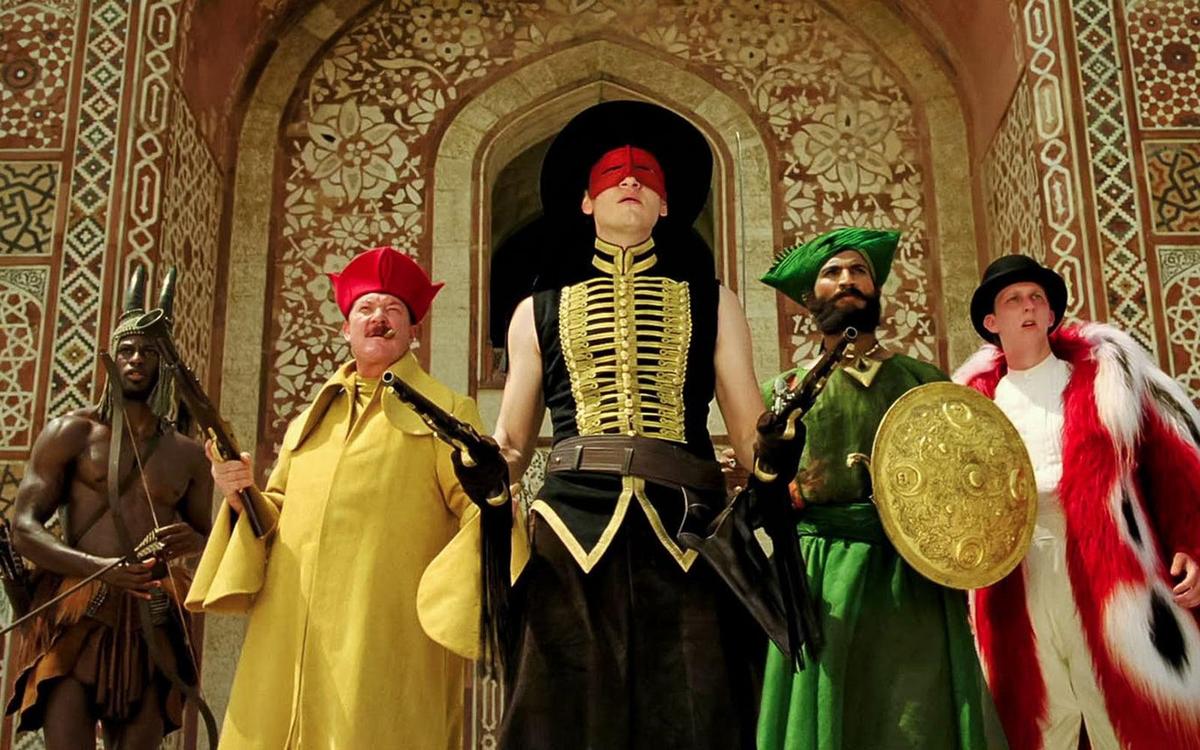
A still from ‘The Fall’.
Tarsem, 63, has made numerous commercials and a few music videos since the early 1990s, besides helming six narrative features. He debuted with The Cell (2000), a sci-fi psychological thriller starring Jennifer Lopez. Dear Jassi, understated but gut-wrenching, is about an Indo-Canadian girl who was killed in Punjab in 2000 for falling in love with a poor, unlettered autorickshaw driver.
“The story came first,” says the filmmaker who shuttles between Canada, the U.S. and the U.K. “Before we started shooting, I had decided on the style. I shot only what was required. I told the writer [Amit Rai] what I needed and that is how he wrote the screenplay.”
True crime
Dear Jassi, he suggests, is a real-life version of Romeo and Juliet, made in the 1950s neo-realist style that influenced Satyajit Ray. “It is a small, personal film,” Tarsem says. “I did not want to show the violence. The writer wondered if that would have an impact. I said it would because you will imagine your worst kind of nightmare.”
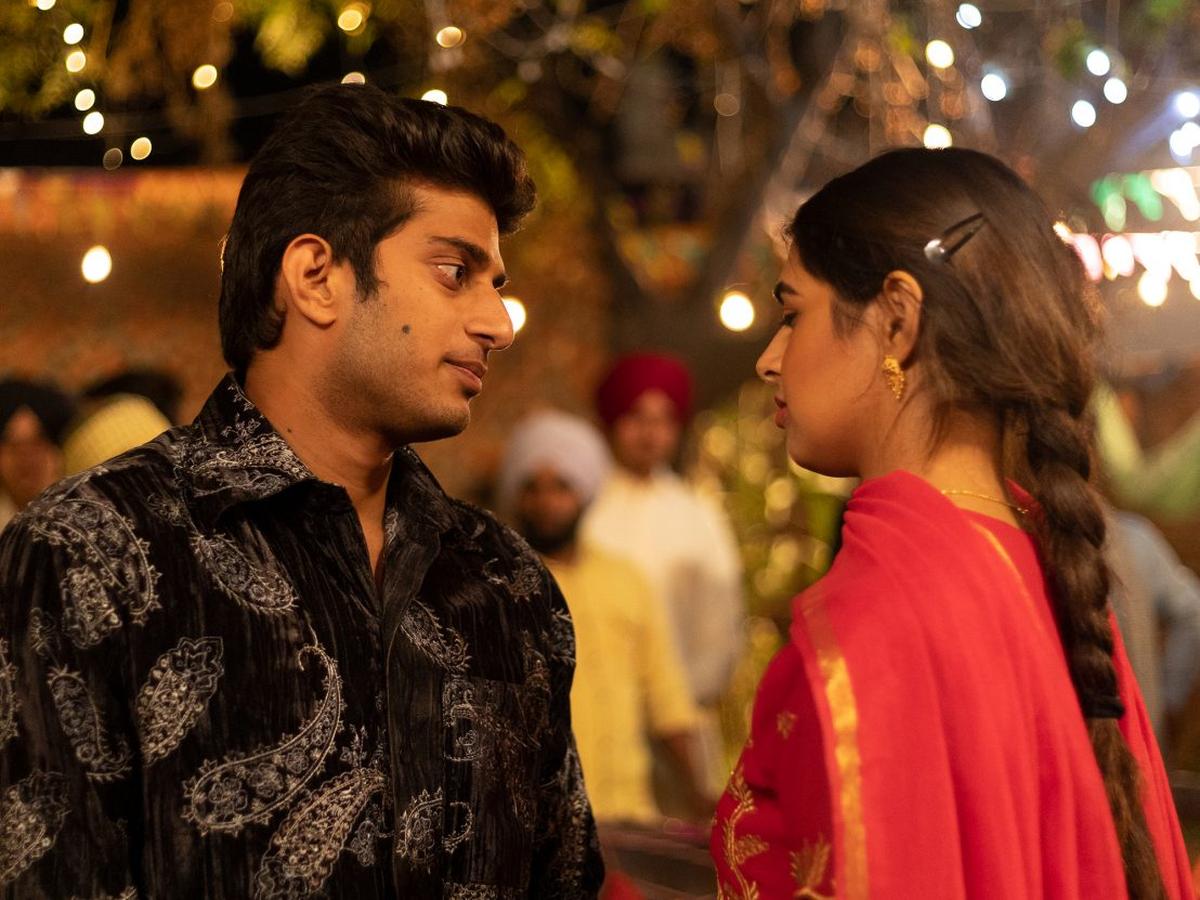
‘Dear Jassi’ is about the caste-based murder of Jaswinder Kaur Sidhu in Punjab in 2000.
The film is bookended by a Sufi musician (Kanwar Grewal) who introduces and closes the Punjabi film with a song and a narration contextualising the tragic story. The singer was filmed in a single 18-minute take. The horrific incident happened 24 years ago. “It was the kind of subject matter that I knew would never date in our lifetime,” says Tarsem. “I told my brother we could make a movie about it right now or two decades later.” He opted for the latter.
Tarsem made The Fall and other movies (Immortals, 2011 — loosely based on Greek mythology — and Mirror Mirror, 2012, an interpretation of Snow White, among them) before turning to Dear Jassi, his first film shot in India. “I thought of it as a script written by Haneke and directed by an Iranian — Shirin Neshat, even Farhadi,” says Tarsem. They, he observes, can take a divorce and make it “the end of the universe”. Haneke can take the end of the universe and do the opposite too, he adds. “That is how I set up Dear Jassi.”
The film draws its strength from its detached approach to the disquieting material. The two principal roles are played by Pavia Sidhu, a Canadian bhangra group dancer studying law at UCLA, and debutant Yugam Sood, picked from a rural kabaddi ground. The film has no background score or close-ups.
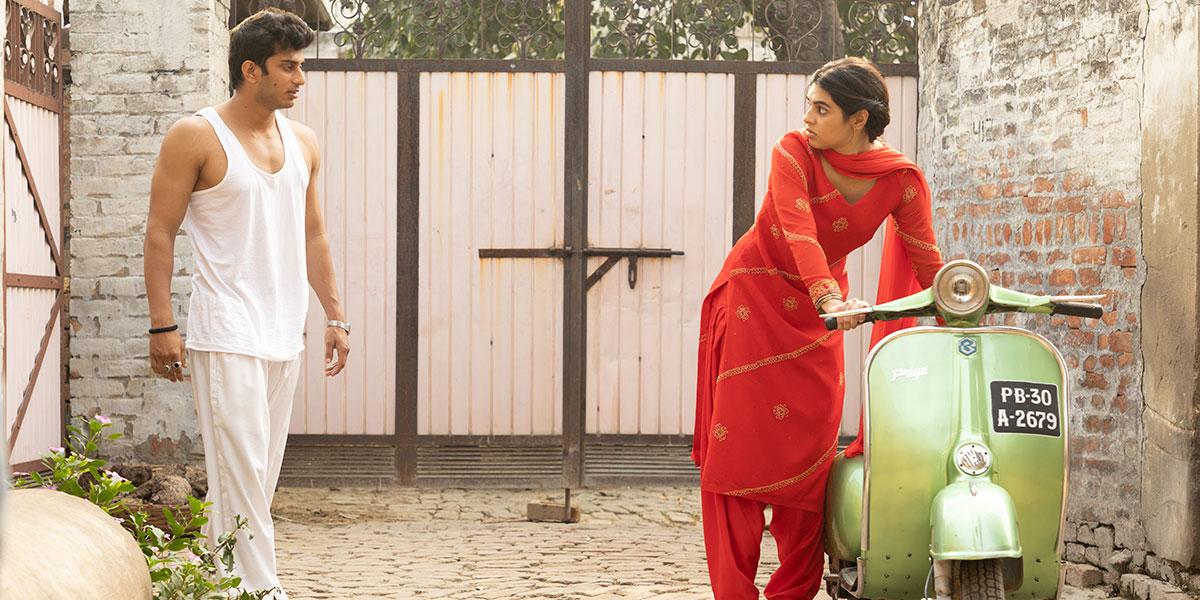
Yugam Sood and Pavia Sidhu in a still from ‘Dear Jassi’.
What triggered the story was a telephone call that the girl’s mother made to the kidnappers. (She told them they could do whatever they wanted with her daughter.) Says Tarsem: “In what universe is it even believable that a conversation like this happened? I reverse-engineered the rest of the film from this.”
Anything but average
The Fall, which was filmed in 20-odd countries, is a project Tarsem holds dear. Understandably so. “I call it my baby. All my money was gone. But I would do it again in two seconds if I had to,” he says. “Somebody thinks it is the worst film in the world. Somebody feels it is the best thing since sliced bread. When people say comme ci, comme ça, it is terrifying,” he says. But he adds that he did not expect The Fall to be so polarising.
The story centres on an eight-year-old Romanian immigrant girl who picks oranges in 1920s Los Angeles. She is hospitalised with a broken arm. A silent-era Hollywood stuntman, bedridden in the same hospital after a fall from a bridge, tells her a story about five heroes out to avenge injustices meted out to them by an evil governor. A tale told by an adult with suicide on his mind is interpreted through the lens of an innocent and hopeful child’s unsullied imagination, yielding a riot of colours and exhilarating adventures.
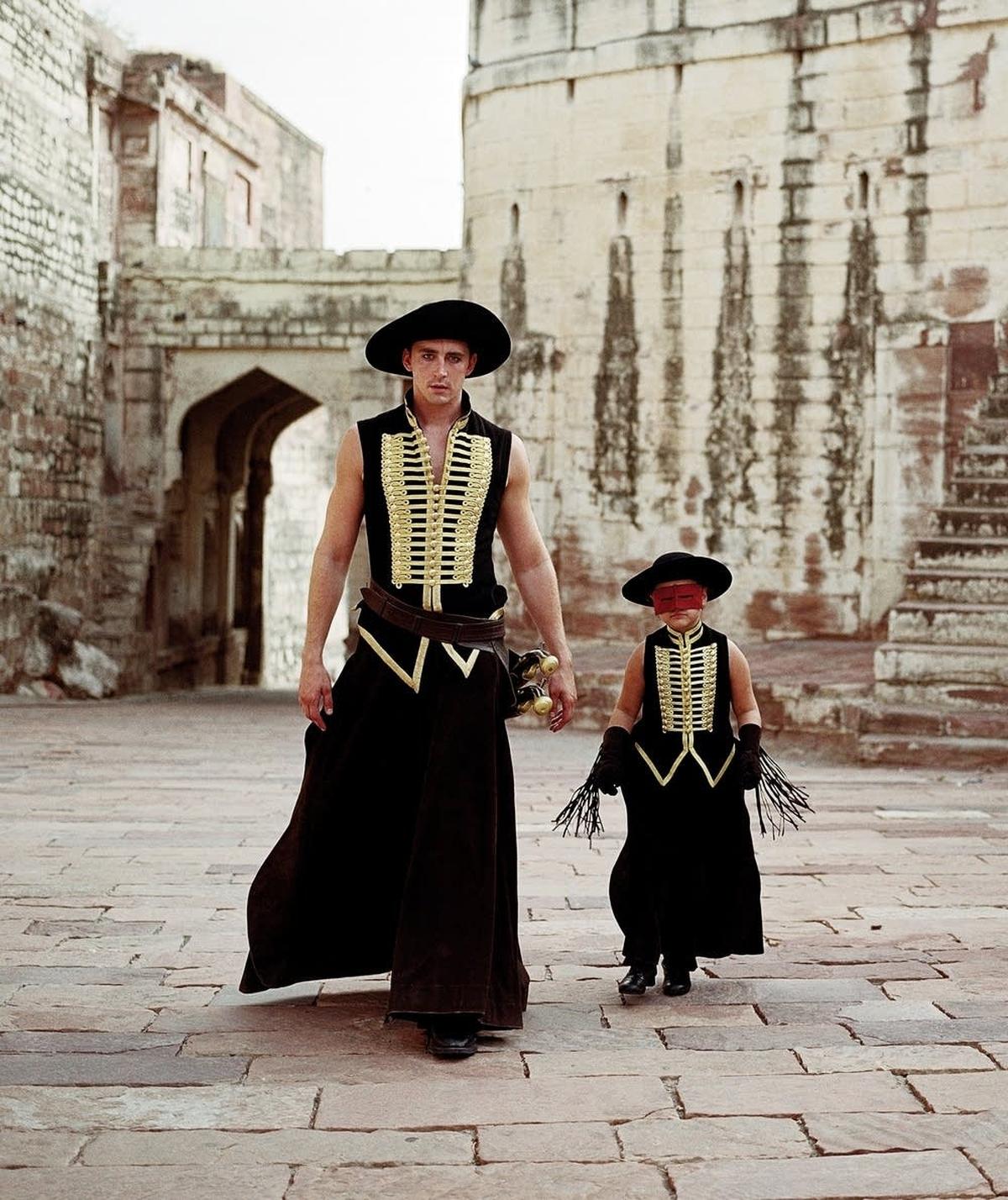
Lee Pace and Catinca Untaru in ‘The Fall’.
‘Nobody like Lady Gaga’
Tarsem, whose work on R.E.M.’s ‘Losing My Religion’ fetched a Grammy, does not consider himself a great music video director. “I do not write treatments. I do not know what I am going to do. Give me a song and if it fits, I’ll put a visceral experience into it. Occasionally, a song comes and I know what to do with it and I do it,” he says, admitting that his music video for Lady Gaga’s ‘911’ was “a freak one”.
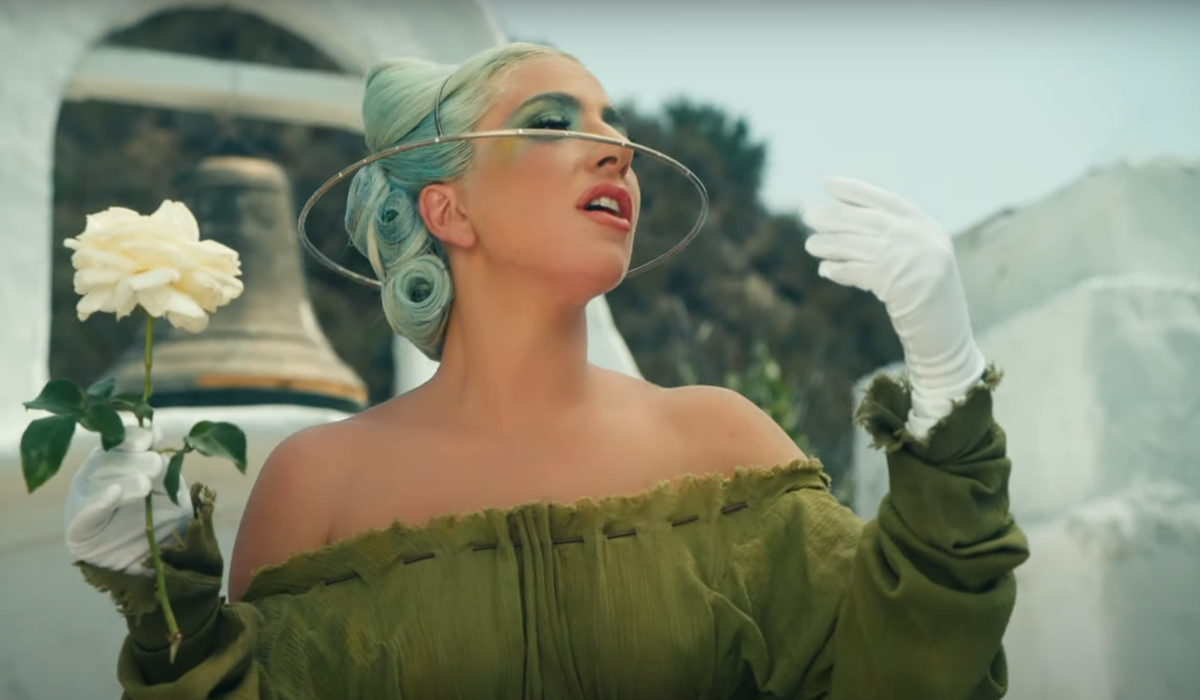
Lady Gaga in her music video ‘911’.
“She got in touch during COVID-19. I’ve loved Sergei Parajanov. I showed her an image from a film by the Armenian director [The Colour of Pomegranates, 1969]. She said she knew the image and needed to see nothing else,” he recalls. “There is nobody like Lady Gaga.”
Tarsem’s next could be another leap — a stab at a Hindi action film. “The best thing about Dear Jassi,” he says, “was the experience of shooting in India. I’d love to go back. Give me the right project, the right story.”
The writer is a New Delhi-based film critic.

